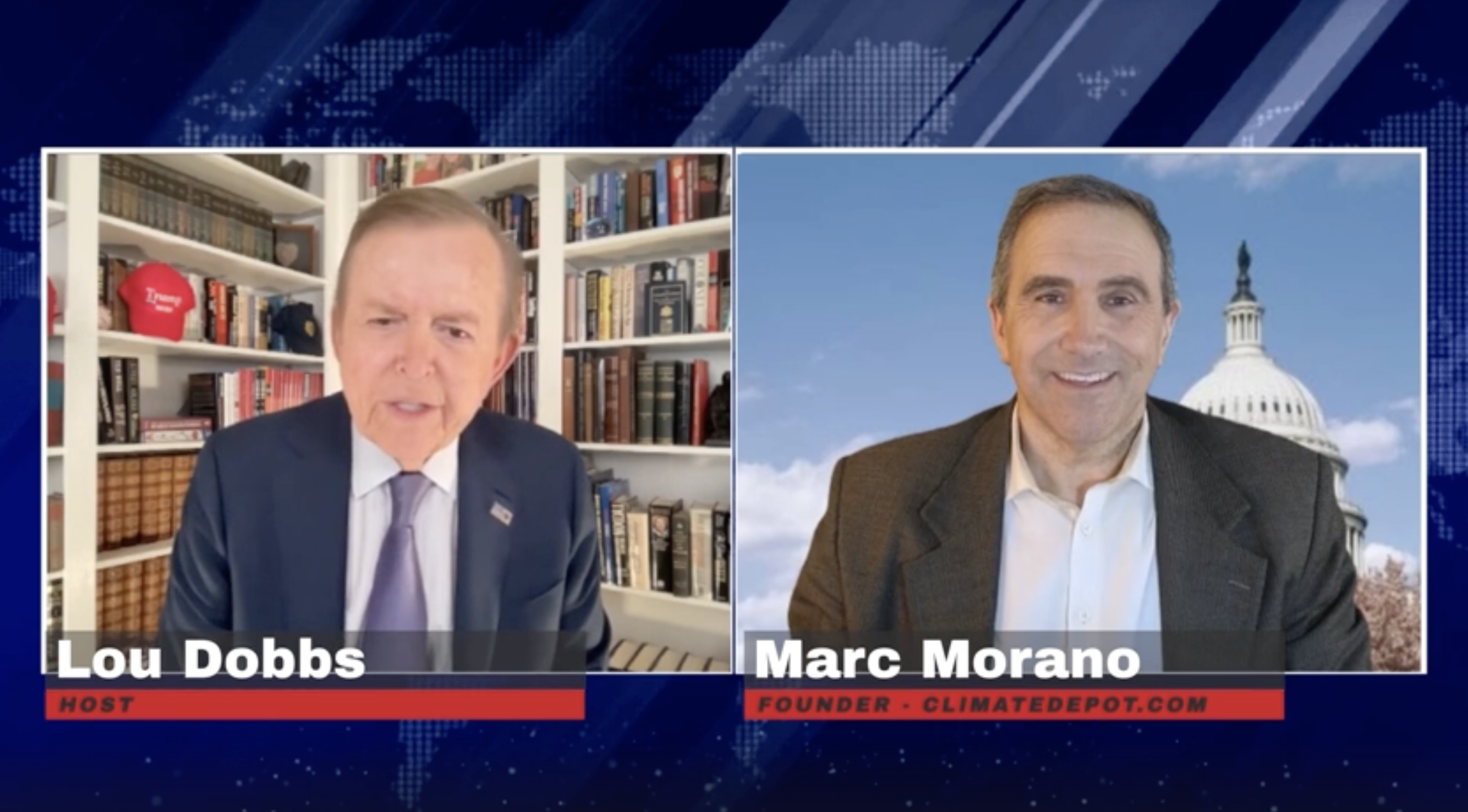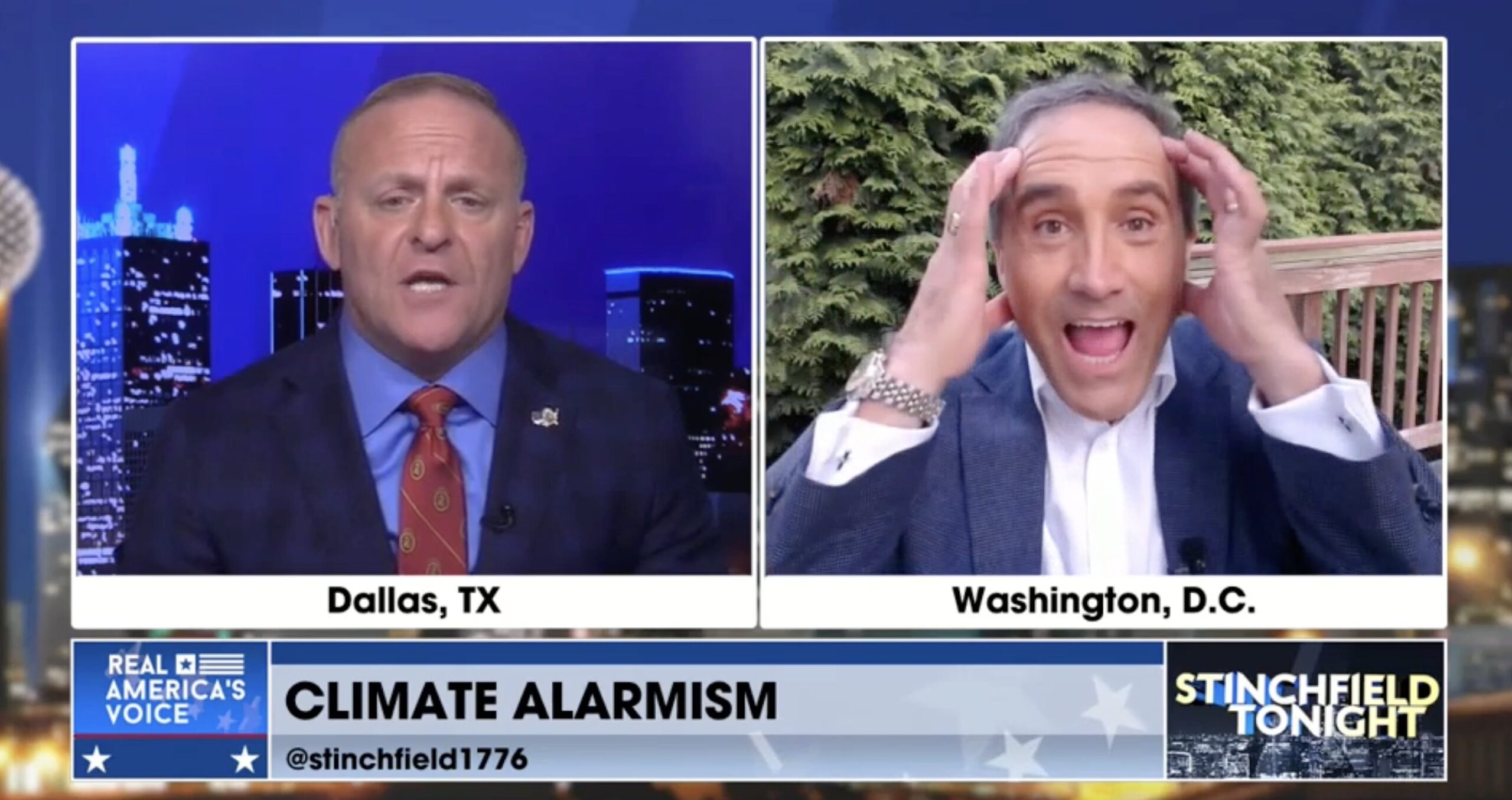From the “that’s going to leave a mark” department.
By SPENCER WALRATH
The U.S. Department of Justice (DOJ) last Thursday filed an amicus brief in the cases filed by San Francisco and Oakland against energy producers, slamming the lawsuits and asking the court for dismissal. The lawsuits seek financial “damages” from energy companies for the risks posed by climate change.
The Northern District Court of California invited the DOJ to provide its expert opinion on the cities’ claims and advise on relevant information the court should consider for the case, in which the cities allege that combustion of the companies’ products create a public nuisance.
The DOJ responded with several compelling reasons why the cities’ grievances should not be afforded relief by this case: 1) it is logistically impossible to fix a problem of the magnitude the cities describe in court; 2) other parts of the government already regulate greenhouse gas emissions and the U.S. Supreme Court has already ruled that it is not appropriate for the Court to intervene; and 3) the cities may not even have the right to bring this type of claim to federal court.
In American Electric Power Co. (AEP) v. Connecticut, the U.S. Supreme Court dismissed claims against power companies for greenhouse gas emissions because Congress entrusted the Executive Branch with statutory authority to regulate emissions. The cities claim their case is different because they are targeting the producers, not the users.
But the DOJ points out that this case is still about the combustion of fossil fuels, not their extraction or sale – and that it boils down to the same issue the Supreme Court already addressed in AEP:
“The Cities seek to evade AEP by suing producers of fossil fuels instead of consumers. But the Cities’ claims depend on the same fundamental theory of liability that the plaintiffs invoked in AEP: that the defendants should be held responsible for greenhouse gas emissions…
“[T]he Cities seek to hold the Defendants liable for exactly the same conduct (greenhouse gas emissions) and exactly the same alleged harm (sea level rise) at issue in AEP and Kivalina. And the Cities’ complaints confirm that this case is not about production of fossil fuels; rather, it is about emissions of greenhouse gases from the combustion of fossil fuels…
“Although the Cities cast their allegations in terms of the production of fossil fuels, their claim of injury is legally and factually tenable only to the extent that it is predicated on emissions of greenhouse gases from the combustion of fossil fuels.” (emphasis added)
It’s unclear whether cities even have the authority to bring these types of cases, the DOJ points out. The Supreme Court has allowed only states and the federal government to assert federal common law of nuisance claims; it has never authorized cities to do so. And for good reason, too: the DOJ points out that non-state actors are more likely to be a burden on the courts and on defendants.
Besides the fact that the court already addressed this exact claim just seven years ago, the DOJ also observes that the scope of the lawsuit is prohibitively enormous.
Full story here at EIDClimate





